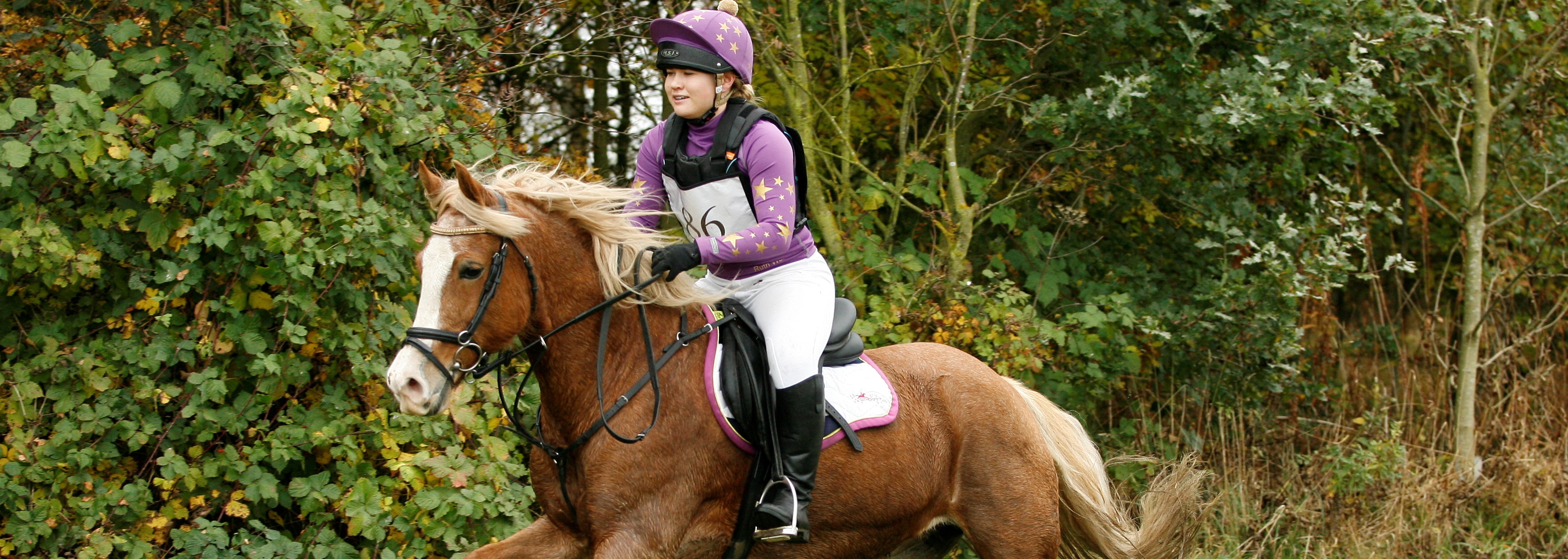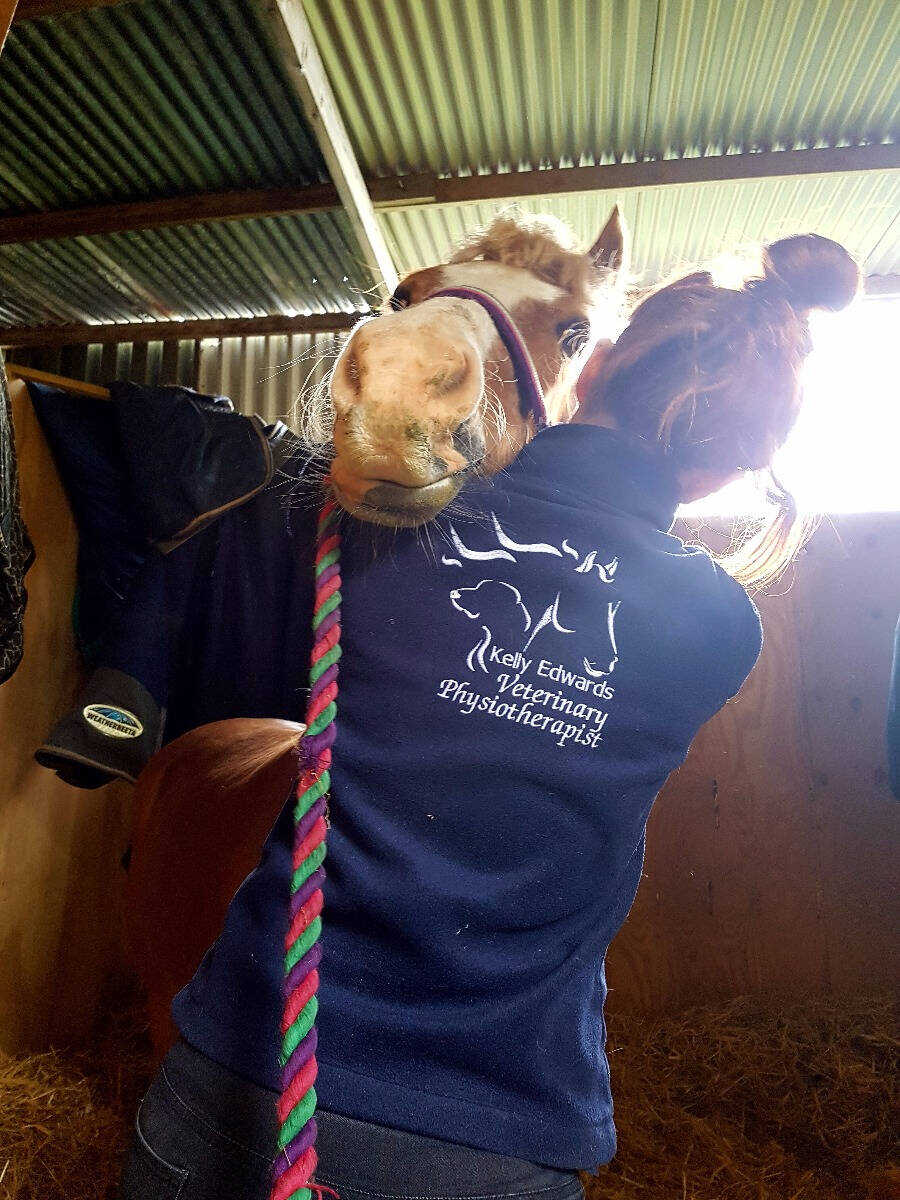
I know that in the horsey world opinions can be divided about what is right and most beneficial for the horse or what you should and should not do. I think many of you would agree that this can cause some conflict at times when it really is not needed. Equine Physiotherapy is an aspect of horse care which is generally overlooked or is seen as a luxury rather than a necessity. I would just like to share with you some reasons why people do truly see this as a must in their equine's health care programme.
It is only recently that Delli received what I would call her first ‘proper’ physiotherapy session with the very talented Kelly Edwards. I say ‘proper’ because although she has received massages before, this seemed to be of a much higher level and standard of work overall. At the very beginning, Delli went through a consultation period where she was observed in both walk and trot on a hard surface. This was so that Kelly could see and understand her movements before getting hands on. I was also questioned about Delli's health and was required to answer simple questions such as “Does she have any known medical conditions?” and “What kind of workload does your pony have?”. It was after this point that Kelly did her examination.

It is important that both yourself and the therapist are aware of any conditions which your horse could potentially have. This is so that you know how to work them without causing them any or further harm. I feel that physiotherapy will enable any conditions to be detected in good time to allow you to prevent any further stress. Without the therapy sessions, it is possible that (unconsciously) you are causing slight damage to your beloved horse and we don't want that to be happening! It is - hopefully - in every equestrian’s best interests to keep their horse fit and well the best they can and if that includes using an physiotherapist, they definitely should at least consider it. Delli has a clicky knee joint and with the help of Kelly we are working on reducing any further issues. Her knee was given laser treatment within her session and I was given daily exercises to help improve the flexion.
Another major benefit of allowing your horse to have regular physiotherapy sessions is that it will improve their suppleness. The first time I exercised Delli after the treatment, I found that she was more willing to bend than she was before as well as feeling more free through her neck. Even if you are not a big fan of dressage, flatwork is the main basis of any jumping task so it is beneficial that your horse or pony is happy to work well on the flat first.
I have teamed up with Kelly Edwards ‘BSc (hons) AdvCertVPhys MIRVAP’ to bring you some expert knowledge on further advantages of allowing your horse (or canine) to have the all important physiotherapy:
“Physiotherapists are highly trained and experienced in their field. We are experts in the field of gait analysis, manual therapies, electrotherapies, exercise prescription, and rehabilitation in order to decrease pain and restore function.
Physiotherapy can help improve performance, prevent injury, and enhance mobility and suppleness. Physiotherapy also assists in rehabilitation following injury and/or surgery with the aim of restoring the animal back to full function. It is not just for the elite competition horse or agility dog; every animal will benefit from being pain free, having symmetrical muscle mass, good range of joint movement, and supple muscles to enable them to move, work, and perform at their optimum level. It is good practice to have your animals routinely checked, and should be included in your horses and dogs overall management routine, even if there is no specific injury or trauma. Therefore small problems can be detected early and prevented from turning into a serious issue.”
So what can we conclude? Basically, physiotherapy is about keeping your horse in tip top shape so you are able to carry out and enjoy the sports that you take part in. It can prevent injuries a well as being used to aid the recovery period too. No matter what you do with your horse it is important that they are happy and well!
Physiotherapy...not just getting your animals better, but keeping them better.
